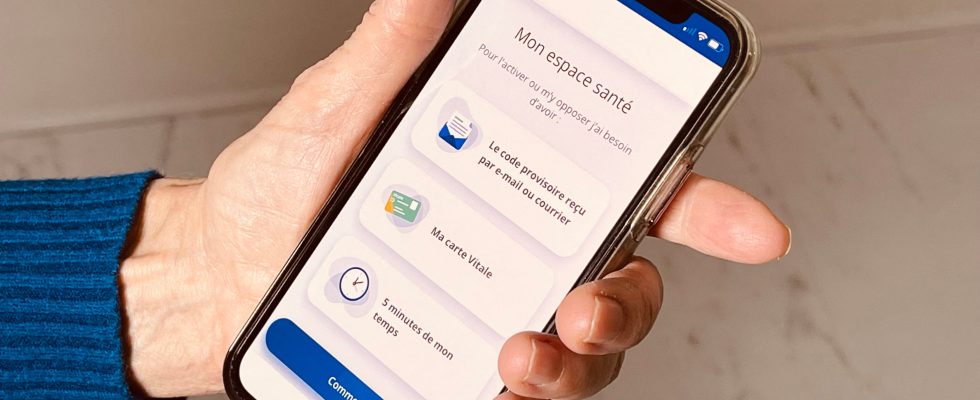For two years, France, via the National Health Insurance Fund (Cnam), has finally had a digital health space which offers everyone and health professionals the sharing of information essential to the proper care of patients. This birth was painful: twenty years of effort were necessary to create a digital medical file and health record. Despite the reluctance expressed by some associations and doctors, we must rejoice at this news. The provision of this data should facilitate prevention, vaccination in particular, ensure better coordination of care between city and hospital, improve the relevance of care by reducing the risks of medical overconsumption both with regard to examinations and therapies. . Used correctly, it is likely to make each citizen responsible for their health.
What can we expect from the content of this space? It contains the patient’s medical file provided by the patient himself and by health professionals: examination results, reports of consultations and hospitalizations, prescriptions, letters and all other data likely to provide up-to-date information. necessary for the care of the patient. It is also an electronic vaccination record which should happily replace children’s health records… too often vanished in adulthood. This new digital space also offers services: the possibility for patients to send their prescriptions to the pharmacists of their choice, secure messaging allowing caregivers to contact patients (and for them to respond). A “health diary” should soon be added to this, indicating to people the planned dates of vaccinations and boosters, as well as the deadlines for screening or prevention assessments. A similar system made it very effective in Spain to ensure that citizens, accustomed to receiving such messages, were vaccinated without delay and massively against SARS-CoV-2 during the health crisis.
Is this space used? A recent report presented by the Ministry of Health and the Cnam shows that the French are gradually adopting it, since 11 million of them are already using it, as are around 45,000 general practitioners. They are encouraged to do so by dedicated remuneration. Around 20 million documents are placed in the health space each month. There are already between 100,000 and 200,000 consultations by health professionals each month. These data are encouraging even if this still only concerns around 15% of the population. Nevertheless, we can consider that proof of principle of the effectiveness of the system has been provided in the field.
Satisfactory safety conditions
An essential question of course concerns the security of the IT system and access, in other words strict compliance with data confidentiality. The system has been validated by the ad hoc authorities including the National Commission for Information Technology and Liberties. The information is stored by companies with the status of health data hosts, with rigorous specifications. To date, no breach has been reported but of course vigilance is required. For reasons of simplification of implementation procedures, anyone affiliated with the Cnam has a health space, knowing that it is possible to obtain its deletion. Furthermore, the space only lives through the content placed by patients and doctors authorized to do so. It seems to me that this device provides satisfactory security conditions. We can therefore only encourage everyone to create their digital medical file.
Users report that the activation and application procedures are simple. However, it will be necessary to approach the elderly and the most vulnerable to facilitate their access. This is all the more important as these are the people for whom quality medical monitoring is most necessary! In these gloomy times for our health system (flight of caregivers, medical deserts, etc.), the implementation and demonstration of the effectiveness of this digital medical record is good news likely to improve the health of the French. Let’s take advantage of it, it’s a collective good.
Alain Fischer is president of the Academy of Sciences and co-founder of the Institute of Genetic Diseases
.
